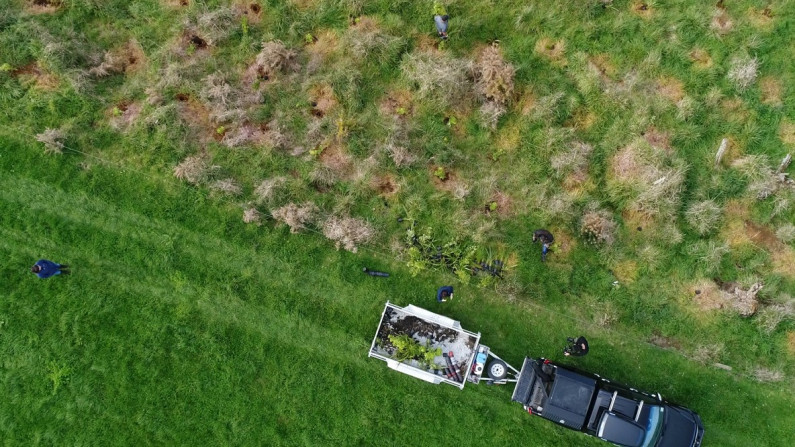Freshwater farm plans
Freshwater farm plans are a practical way for farmers and growers to identify, manage and reduce the impact of farming on the freshwater environment.
Freshwater farm plans are a practical way for farmers and growers to identify, manage and reduce the impact of farming on the freshwater environment.
The Government is working to improve the freshwater farm plan system and will be exploring ways to make the system more cost-effective and practical for farmers while acknowledging the good work they are already doing.
Some of the improvements have already been made:
Freshwater farm plans are seen as a key tool for managing risks to freshwater. Farmers who have already invested time and effort into developing their farm plans can expect to see that work recognised and built upon under the improved system.
The improvements are being progressed through the Government’s RMA reform process and are expected to be in place later in 2026.

Farmers will need a freshwater farm plan if they have:
Farmers and growers will not need to put their freshwater farms plans in place until the changes to the regulations are finalised.
However, freshwater farm plans are still required in Southland. Farmers should contact Environment Southland to understand what they need to do and by when.
For more information on freshwater farm plans contact freshwaterfarmplans@mfe.govt.nz.
These guidance documents are for the current freshwater farm plan regulations. Updated guidance will be provided once the improvements to the freshwater farm plan regulations are finalised.